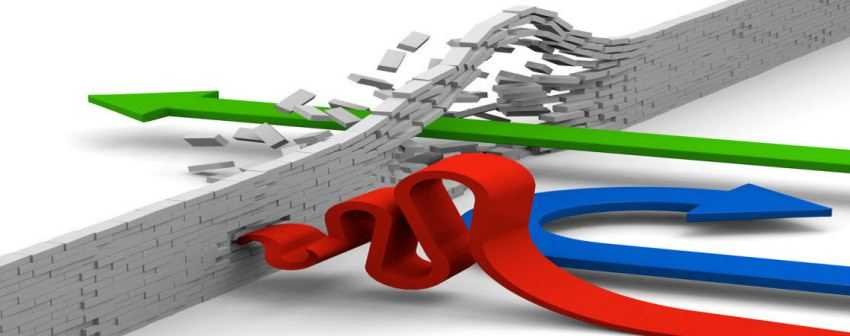The DMCA (the well-known Digital Millennium Copyright Act) has changed and it seems that penetration testing is being done legally… Conditionally… With a delay of one year, the US Congress published on Friday an updated list of exceptions in the Digital Millennium Copyright Act prohibitions on circumvention of digital controls.
These exceptions refer to the DMCA 1201 paragraph and describe the conditions under which some people can access, copy and manipulate digital content rights without the fear of being infringed.
Since 2003, you have been in the process of adopting new DMCA regulations every three years. But "the Congressional Intellectual Property Office illegally and unreasonably caused the delay," according to Electronic Frontier Foundation (EFF) attorney Kit Walsh.
According to Walsh, opponents of the exceptions to the law expressed their concern about the consequences that could arise from the legitimacy of reverse engineerability, which led the Copyright Office to delay these exemptions for a year.
The exceptions concern:
The use of copies and streaming video in educational and documentary frames.
The use of electronic literary works combined with assistive technologies.
Jailbreaking is phones and tablets that allow for interoperability or removal of unwanted software.
Access efforts (hacking) in the car software.
Efforts to access non-playable video games.
Attempts to bypass 3D Printer Materials Checks.
Efforts by patients to access data from their personal medical devices.
Attempts to reverse engineer software (reverse-engineer) για research in security matters.
"The new temporary exemption is a major victory for safety researchers and for consumers who will benefit from increased safety controls on the products they use," said Aaron Alva, Tech Policy Fellow at the Federal Trade Commission.
Of course security researchers should continue to stay away from electronics scams and abuses of the law. In addition, the terms of the waiver specify that reverse-engineering or deobfuscating code should be "performed in a controlled environment to avoid harm to individuals or the public."
In addition, each information obtained from any such activity should be used to promote the safety of the device on which the code was executed or the safety of the people using the device. The results of this research should be maintained in a manner that avoids facilitating copyright infringement.
"So, if someone meets all the conditions, this temporary exception allows them to test whether a connected toaster could burn your bun after a third party intervenes remotely," Alva said. "But, of course, it does not allow anyone to steal the toaster, hack into a neighbor's toaster, or burn toasters."
For his part, EFF would have liked to see the whole DMCA rule-setting process collapse.
"Paragraph 1201 of the DMCA and the entire rule-making process create unconstitutional restrictions on speech, and should be repealed by a court or determined by Congress." Walsh said.





